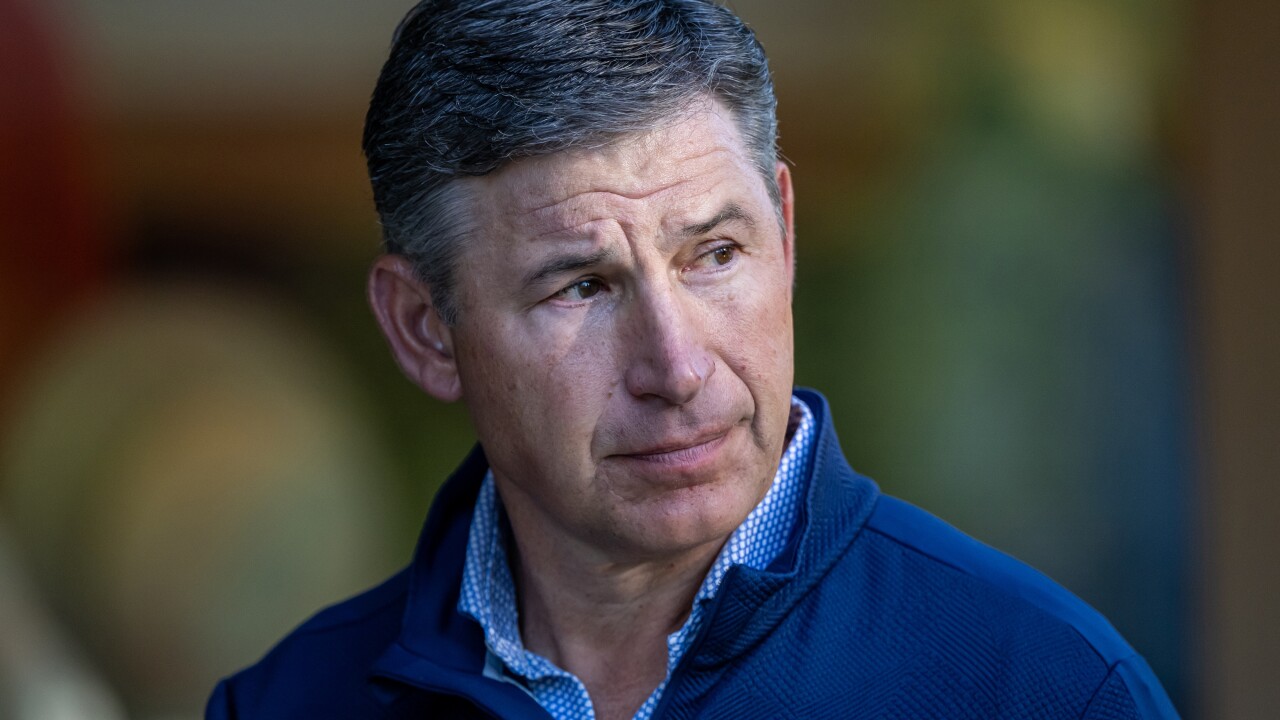For the music industry, which globalized quickly as its products moved online, payment processes haven't kept up.
There’s long delays and costly fees associated with paying people internationally, which is something known all too well to Jeff Price, founder and CEO of Audiam, a three-year-old startup that collects and pays out royalties to musicians.
Both Audiam and the first company Price founded, independent digital music distribution company TuneCore, pay out a large volume of low-value payments worldwide. And both run into problems tied to music's transition to the digital world.
In the past, a musician got signed with a record label, and wherever that record label was based would be where most of the physical albums would be sold, said Price. But now, as musicians sell directly to their audience, it works like this: A musician sells to a consumer in England, with the music priced in pounds sterling. When that payment comes into Audiam, it gets converted into U.S. dollars (since Audiam is based in the U.S.), then converted again to Nigerian naira when the company pays the musician.

“It’s really complex,” said Price. “And for that to work we would have either had to incur high fees on both sides of a wire transfer or build partnerships with banks in every country.”
And neither of those options seemed great.
So when he launched Audiam, Price used PayPal's MassPay feature to automate payments to anywhere outside the U.S. and Canada. In North America, Audiam offers direct deposit.
PayPal “is the best mechanism I’ve discovered because of its ubiquity and security and it’s ability to help us navigate the tax laws in most countries,” said Price.
And that’s not because he hasn’t tried to look for other solutions. Price has talked to a handful of startups offering global payment solutions but none have the necessary reach. But that reach has also extended to fraudsters.
“We began to notice patterns in fraud. A lot of it originated out of Vietnam, and unverified PayPal accounts were usually up to no good,” Price said. Many times, said Price, unverified accounts which don’t require verification of identity would get a sum of money, shut down the account and then create a new account with a different set of information.
That said, PayPal made it easier to spot those fraud trends and block the malicious accounts.
“It was very frustrating,” Price said. “As a guy who runs a business, I don’t want to create barriers for my customers, but my day also shouldn’t be spent trying to outsmart fraudsters.”
Even though Price is happy with PayPal, he still thinks it’s a “rubber band and glue” solution because the system doesn’t work as efficiently as global communications. For instance, latency between when the payment was sent and when the transaction settles to the recipient makes reconciliation a hassle, he said.
And because the company is dealing in micropayments, the cost to send those low-value payments is often too high to be worth it. So Audiam has had to set a minimum customers must earn before they can be paid out.
“It shouldn’t be like that in this age because, like it or not, we’re part of a global economy and we should be able to pay people no matter where they are for their goods,” Price said. “I just don’t get it today, in the internet era, why a global, real-time payments system can’t happen, just like messages are sent.”





